No products in the cart.

With all of the pomp and pageantry that graced the 1976 Olympic Games in Montréal, Canada, Nigeria, and 27 other African countries declared their boycott just days before the opening ceremony.
Over 440 athletes, including world-class runners like Filbert Bayi of Tanzania (who held the world record in the 1500m), John Akii-Bua of Uganda (who held the world record in the 400 meters hurdles), and Nigerian boxer Fatai Ayinla-Adekunle, who won a bronze medal at the world amateur championships two years earlier in 1974, were affected by these African countries’ actions.
In addition, Montréal lost a million dollars in seat refunds and event cancellations in the first two days of the Olympic Games.
Contents
But why would Nigeria and other African countries boycott an important event like the Olympics?
The 1976 Olympic Games
The Olympic Games provide a unique opportunity for nations from across the world to demonstrate their abilities in a variety of sporting events in a peaceful and mutually respectful environment. It wasn’t always like this, and the Olympics were once a dazzling spark in one of the world’s most heated geopolitical dramas in the 1970s.
Montréal was the first Canadian city to hold an Olympic Games in 1976. The 21st Olympiad took place between July 17 and August 1, 1976. Many competitors, including Romanian gymnast Nadia Comăneci and American decathlete Bruce Jenner, gave memorable performances at the Games.
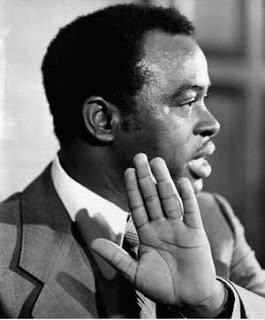
On July 17, 1976, at 3:00 p.m., more than 73,000 spectators gathered in the Olympic Stadium for the Opening Ceremonies. The rituals began with the arrival of Her Majesty Queen Elizabeth II, who was escorted by Prince Philip and Prince Andrew, as well as IOC president Lord Killanen and Commissioner of the Games Roger Rousseau.
The athletes were then led into the stadium in a parade. To the sounds of Louis Chantigny’s Olympic Cantata, two 15-year-old athletes, Sandra Henderson of Toronto and Stéphane Préfontaine of Montréal carried the Olympic flame into the stadium after the Queen formally opened the Games.
Apartheid South Africa and New Zealand Rugby Tour
During the tragic Soweto riots in June 1976, South Africa’s apartheid regime slaughtered over 350 anti-apartheid activists. This sparked outrage in neighbouring African countries, resulting in tense relations with the apartheid state.
South Africa, on the other hand, had been prohibited from major sporting events around the world and had been ousted from the International Olympic Committee (IOC) in 1970.
New Zealand’s rugby squad, on the other hand, embarked on a contentious tour of apartheid South Africa on the eve of the Olympic Games, defying an informal but generally recognized international athletics boycott on the country. The Africans demanded that New Zealand be kicked out of the Olympics, but the IOC refused.
Effects of the Boycott
In retaliation, 28 African countries boycotted the following summer’s Olympic Games to be held in Montréal, Canada.
Despite the fact that rugby was not even an Olympic sport at the time, black-ruled African countries saw a chance to punish apartheid South Africa’s rugby-obsessed white minority.
The boycotters believed it was inappropriate for any country or international athletic organisation, such as New Zealand’s rugby team, to legitimate the South African government in any way.
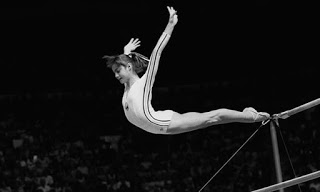
The fear of an African boycott had already kept South Africa out of the 1968 and 1972 Olympics, but the threat of boycotting Montréal failed to keep New Zealand out of the games or force the rugby team’s tour of South Africa to be cancelled.
With the time ticking down to the opening ceremony in Montréal, the possibility of a boycott sparked tense negotiations that resulted in a stalemate. The IOC said that it had no choice because rugby was not part of the Olympic Games. Despite this, the rugby tour went on, and New Zealand was not sent off.
As a result, Nigeria and 27 other African nations boycotted the 1976 Olympic Games.
In fact, some athletes who were already competing in preliminary events were forced to leave. It was a watershed moment in apartheid South Africa’s campaign against racial segregation and discrimination, which would end almost 18 years later with President Nelson Mandela’s electoral victory.
The fact that black athletes gave up their chance to compete in the Games boosted the spirit of South African black youth demonstrators.

The boycott resulted in event cancellations and rescheduling, with organisers issuing $1 million in refunds.
Another Boycott
Boycotts would also have an impact on the results of the two following Summer Games, with Canada and the United States boycotting the 1980 Games in Moscow in protest of the Soviet Union’s invasion of Afghanistan, and Eastern European countries boycotting the 1984 Olympic Games in Los Angeles in retaliation.
Nigeria is not new to sporting boycotts. In 1966, the country also joined the rest of Africa to boycott the FIFA World Cup that was held in England. You can check that out here…
We always have more stories to tell. So, make sure you are subscribed to our YouTube Channel and have pressed the bell button to receive notifications for interesting historical videos. Also, don’t hesitate to follow us on all our social media handles and to as well share this article with your friends.
Feel free to join our YouTube membership to enjoy awesome perks. More details here…
Sources
Foisy, P. (2011, November 27). The Montréal Olympics. Retrieved from https://www.thecanadianencyclopedia.ca/en/article/the-montreal-olympics
Riga, A. (2020, July 15). Montréal Olympics: African boycott of 1976 Games ‘changed the world’. Retrieved from https://montrealgazette.com/sports/montreal-olympics-african-boycott-of-1976-games-changed-the-world
Rosen, A. (2012, August 7). The Olympics Used To be So Politicized That Most of Africa Boycotted in 1976. Retrieved from https://www.theatlantic.com/international/archive/2012/08/the-olympics-used-to-be-so-politicized-that-most-of-africa-boycotted-in-1976/260831/
Todd, J. (2016, July 6). The 40-year hangover: how the 1976 Olympics nearly broke Montréal. Retrieved from https://www.theguardian.com/cities/2016/jul/06/40-year-hangover-1976-olympic-games-broke-montreal-canada
Leave a Reply
You must be logged in to post a comment.

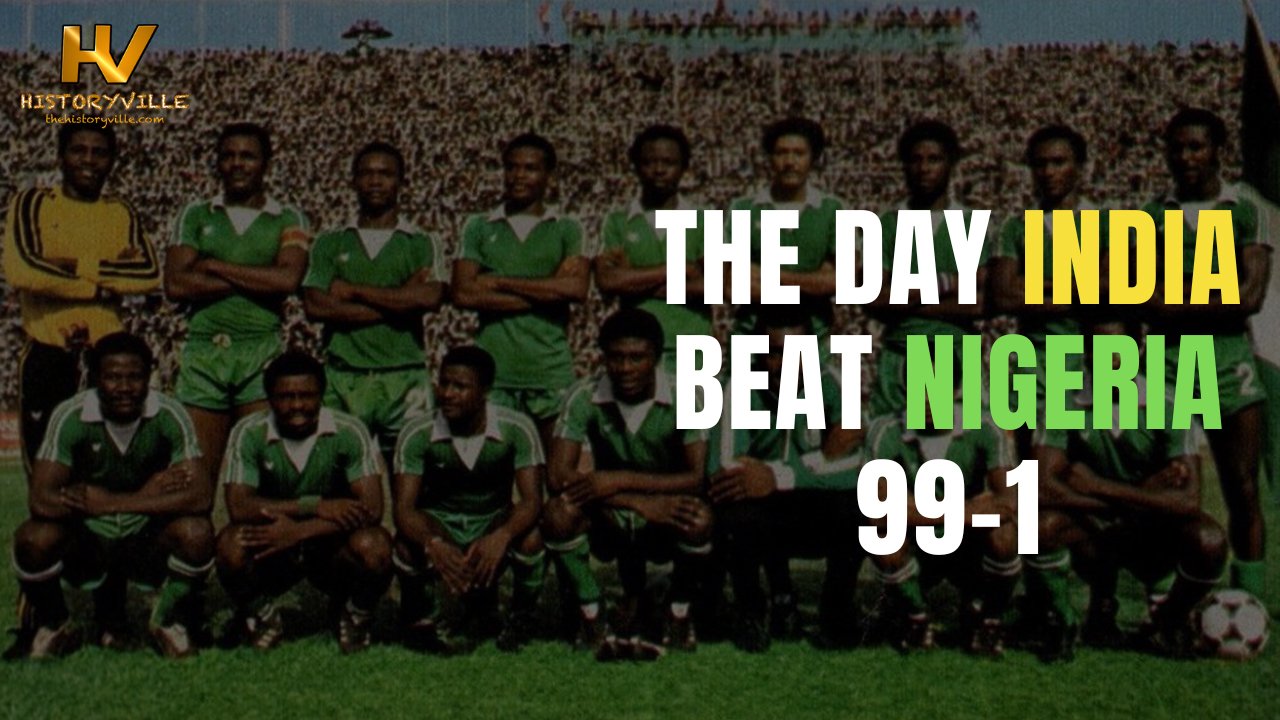
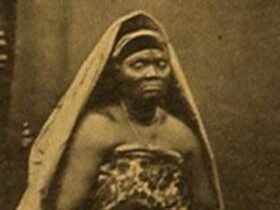
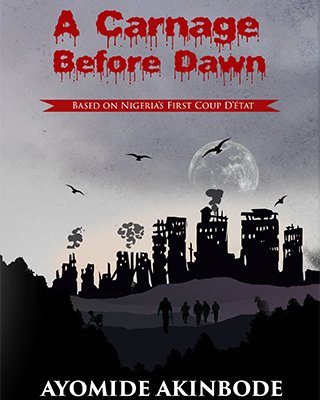


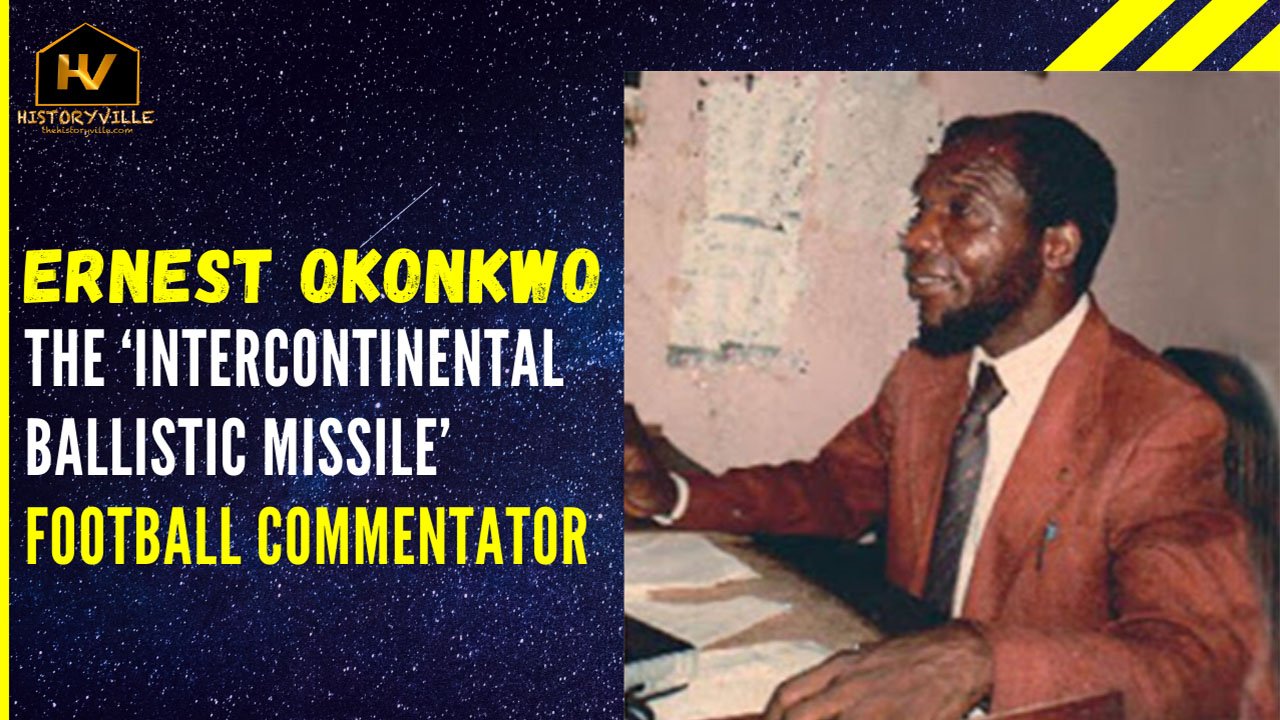
Leave a Reply
View Comments